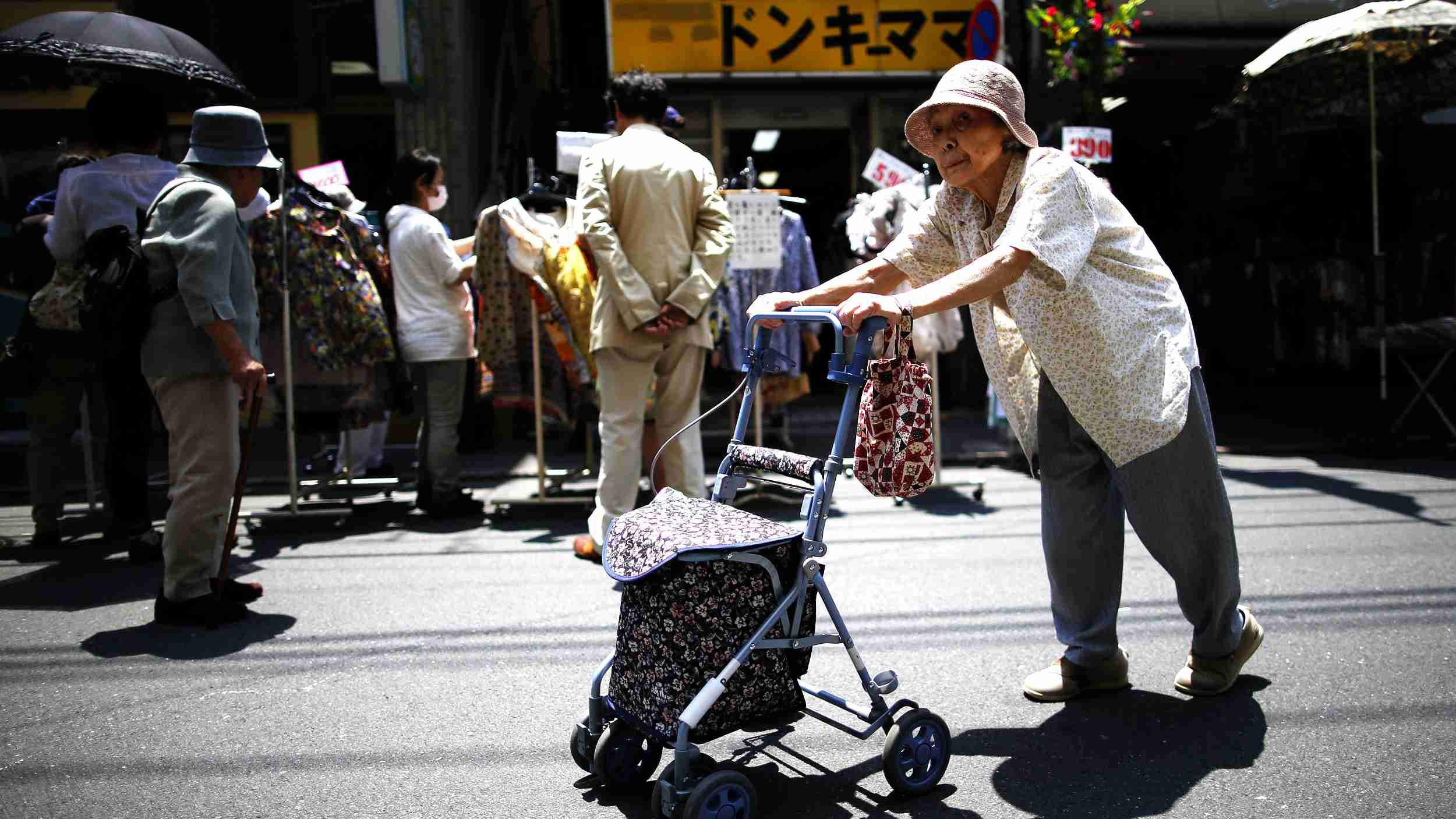
Business
13:16, 13-Jun-2018
Ageing Japan considering major shift in immigration stance
Nicholas Moore

Faced with an ageing population and shrinking labor market, Japan is considering a major shift in its attitude towards immigration that could see half a million “guest workers” take on roles in farming, hospitality and shipbuilding by 2025.
Japan’s cabinet will decide on Friday whether or not to support a new residency status for foreign workers employed in five key areas – agriculture, social care, construction work, hospitality and shipbuilding.
According to Nikkei Asian Review, immigration remains a sensitive and broadly unpopular concept in Japan, with members of the ruling Liberal Democratic Party voicing concerns over safety.
Prime Minister Shinzo Abe has looked to ease concerns by insisting the new residency status changes were not part of an immigration policy, saying guest workers would have their stays limited to five years and not be allowed to bring family members with them to Japan.
However, according to the Financial Times, Abe has conceded that “we urgently need a framework to accept a wide range of battle-ready foreign workers with a certain level of skills.”
The foreign population in Japan reached a record high in October 2017, with 1.28 million workers from overseas employed in the country.
Data from the Health, Labor and Welfare Ministry showed 372,263 of those workers were Chinese, while 517,392 were either students with part-time jobs or technical interns.
Japan faces a ticking time bomb in terms of its ageing population, with the labor force set to shrink by 7.9 million by 2030. Based on the current birth rate, Japan would need to accept 200,000 migrants every year to maintain its population at 100 million.
That remains highly unlikely, given wide cross-party and cross-society concerns about immigration. A 2014 survey by Yomiuri Shinbun found that 54 percent of Japanese people were against increasing immigration, while in 2016 the entire country took in only 28 refugees.
Mainstream conservative newspaper Sankei Shimbun even published an article in 2013 calling for higher levels of immigration in an apartheid-style system – a stance that sparked outcry from the South African embassy but caused little controversy in Japan, according to The Diplomat.
On Tuesday, lawmakers from the Liberal Democratic and Komeito parties agreed to strengthen oversight of foreign residents in the country, adding a pledge to “advance measures against illegal residence or abuse of the refugee system” in the new residency status proposal.
Talking to The Diplomat, Professor Toru Shinoda, a labor expert at Tokyo’s Waseda University, called Japan’s homogenous society a myth, adding that the country “must either learn to accept permanent immigration or risk being abandoned, isolated, and left behind.”

SITEMAP
Copyright © 2018 CGTN. Beijing ICP prepared NO.16065310-3
Copyright © 2018 CGTN. Beijing ICP prepared NO.16065310-3